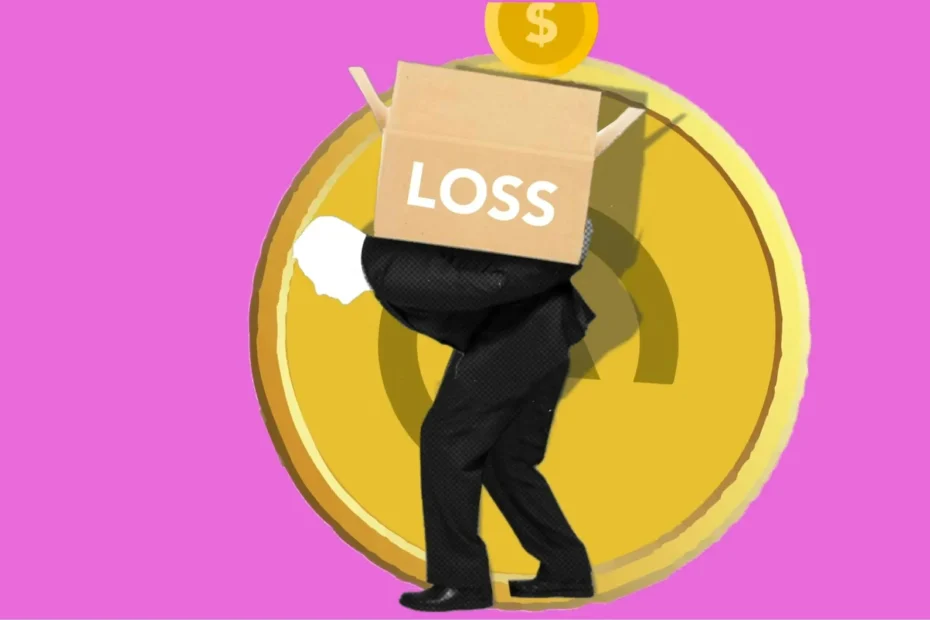Currency devaluation is an economic phenomenon that can have profound consequences, both for a country’s economy and the daily lives of its citizens. When a currency loses value relative to others, the effects are felt across various areas, from the price of goods at the supermarket to the cost of loans and investments. In this article, we will explore the main impacts of currency devaluation, its causes, and how it affects the global and local economy. Additionally, we will discuss strategies to deal with these challenges.
What Is Currency Devaluation and How Does It Happen?
Before diving into the effects, it is important to understand what currency devaluation means. Simply put, devaluation occurs when a currency loses value relative to other foreign currencies. This can happen for various reasons, such as political instability, high inflation, trade deficits, or changes in interest rates.
Common Causes of Devaluation
- High Inflation: When the prices of goods and services rise rapidly, the purchasing power of the currency decreases, leading to its devaluation.
- Trade Deficit: If a country imports more than it exports, the demand for foreign currency increases, putting pressure on the local currency.
- Political Instability: Political crises or uncertainties can deter foreign investors, reducing demand for the local currency.
- Monetary Policies: Central bank decisions, such as lowering interest rates, can weaken the currency.
Impacts on the Economy: The Domino Effect

Currency devaluation is not an isolated event. It triggers a series of cascading effects that can impact an entire country’s economy. Let’s explore some of the main impacts.
1. Increase in Prices of Imported Goods
When the local currency loses value, imported goods become more expensive. This is because more local currency is needed to purchase the same amount of foreign currency. As a result, items such as electronics, fuel, and imported food can see price increases, directly affecting the cost of living for the population.
2. Inflation and Purchasing Power
The rise in prices of imported goods can lead to widespread inflation. Over time, the population’s purchasing power decreases, as wages do not keep up with the pace of price increases. This can result in reduced consumption and, consequently, an economic slowdown.
3. Impact on Exports
On the other hand, currency devaluation can benefit exports. With a cheaper local currency, domestic products become more competitive in the international market. This can increase demand for exports, boosting sectors such as agriculture and industry.
4. External Debt
For countries with debts in foreign currency, devaluation can be a serious problem. Since the local currency is worth less, the cost of paying these debts increases, potentially leading to financial crises and even default.
5. Capital Flight
Currency devaluation can scare off foreign investors, who may withdraw their investments from the country in search of more stable markets. This capital flight can further worsen the economic situation, creating a vicious cycle of devaluation and instability.
Effects on Daily Life: How Devaluation Affects You
While macroeconomic impacts are important, currency devaluation also has practical and tangible effects on people’s daily lives. Let’s explore how this can affect your life.
1. Higher Cost of Living
As mentioned earlier, currency devaluation can lead to higher prices for imported goods and, consequently, a higher cost of living. Basic items such as food and medicine can become more expensive, putting pressure on household budgets.
2. More Expensive International Travel
If you plan to travel abroad, currency devaluation can make your trip more expensive. With the local currency worth less, you will need to spend more to buy foreign currency, pay for accommodation, food, and other expenses.
3. Impact on Savings and Investments
Currency devaluation can erode the value of savings and investments. If you have money saved in a currency that is losing value, the purchasing power of that money decreases over time. Additionally, investments in assets denominated in foreign currency can become riskier.
4. Loans and Financing
If you have loans or financing in foreign currency, the devaluation of the local currency can increase the cost of these debts. This is because you will need to spend more local currency to pay the same amount in foreign currency.
How to Deal with Currency Devaluation?
Currency devaluation may seem daunting, but there are strategies that individuals and governments can adopt to mitigate its effects.
For Individuals:
- Diversification of Investments: Investing in assets not affected by devaluation, such as gold or real estate, can protect your wealth.
- Household Economy: Reducing unnecessary expenses and prioritizing the purchase of domestic products can help cope with rising prices.
- Financial Education: Understanding how devaluation affects your finances can help you make more informed decisions.
For Governments:
- Effective Monetary Policies: Central banks can adopt measures such as raising interest rates to stabilize the currency.
- Promotion of Exports: Encouraging export sectors can help balance the trade balance and strengthen the currency.
- Inflation Control: Implementing policies to control inflation can prevent excessive currency devaluation.
Conclusion: A Complex Phenomenon with Broad Impacts
Currency devaluation is a complex phenomenon that can have profound effects on the economy and people’s daily lives. While it can bring benefits to exports, its negative impacts, such as increased cost of living and inflation, are felt by everyone. Understanding the causes and effects of devaluation is the first step in dealing with its challenges.
Whether as an individual or a nation, it is essential to adopt strategies to mitigate the impacts of devaluation and protect purchasing power. With planning and financial education, it is possible to face this phenomenon and build a more stable and prosperous future. After all, the economy is like a boat: even in turbulent waters, it is possible to navigate safely if we know how to adjust the sails.
